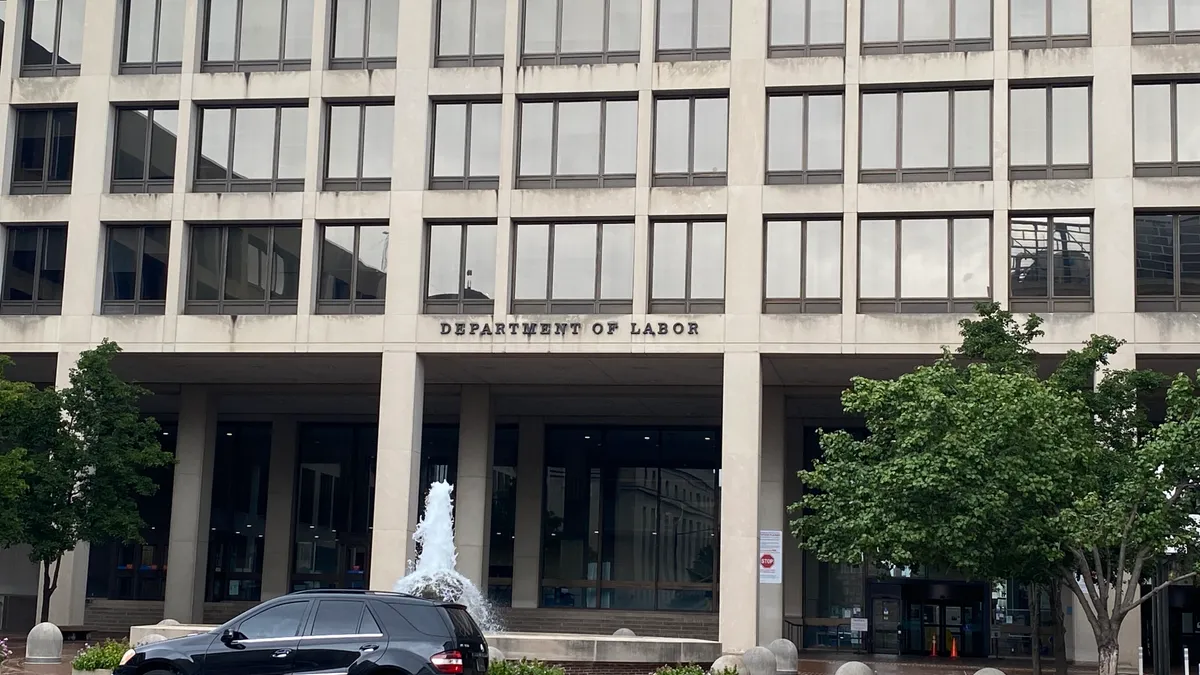Dive Brief:
- A Texas restaurant operator allegedly used portions of employee tips to pay for business expenses such as condiments and to-go packaging in violation of the Fair Labor Standards Act, the U.S. Department of Labor said in a lawsuit filed July 19.
- DOL filed the case, Su v. Tejas Chocolate, LLC, in the U.S. District Court for the Southern District of Texas. It claimed Tejas Chocolate and its associated entities maintained tip pools in which all employees who worked for the defendants for at least 90 days were included, but that employees received only a portion of collected tips.
- The agency sued for injunctive and monetary relief on behalf of affected employees, stating that keeping tips to pay for expenses violates the FLSA regardless of whether an employer takes a tip credit. The owner of the restaurants denied the claims in a statement to the Houston Chronicle.
Dive Insight:
The FLSA defines tipped employees as those who customarily and regularly receive more than $30 in tips per month, according to a DOL fact sheet. The law generally permits employers to either pay tipped employees the full minimum wage or take a tip credit toward their minimum wage and overtime pay obligations, provided certain criteria are met.
Further, Section 3(m)(2)(B) of the FLSA — which Tejas Chocolate and associated entities are alleged to have violated — prohibits employers from keeping tips received by employees for any purpose.
“When it comes to workers’ tips, the law is crystal clear: tips are the property of the workers who earn them,” Betty Campbell, a DOL regional wage and hour administrator, said in an agency press release published Monday. “The owner and operator of Tejas Chocolate & Barbecue and Tejas Burger Joint willfully deprived employees of all their hard-earned tips and used their money to illegally benefit their businesses.”
The agency has taken some high-profile actions against alleged violators of tipping laws in recent years. In 2022, DOL reached a $230,000 settlement with an Austin, Texas, restaurant operator it claimed had required employees to share their tips with managers. Last March, Subway franchisees in Washington paid more than $218,000 to settle claims that some locations maintained illegal tip pools.
U.S. consumer sentiment on tips has fluctuated in recent years, and a recent Pew Research Center survey found that consumers are more likely to support tipping arrangements in which servers keep all money that they receive in tips.
At the state and local level, several jurisdictions have enacted laws that prohibit employers from taking a tip credit toward their minimum wage obligations, according to Restaurant Business Magazine. Tipping also has emerged as a potential policy debate in the upcoming presidential election, with former President Donald Trump proposing to exclude tip income from federal taxes.













